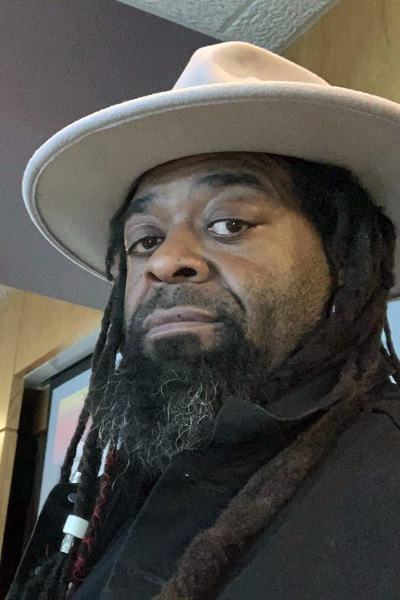
Photo by Jessica Moore.
We continue to live in times of unrest as it relates to law enforcement and the black community and the protests since the death of George Floyd in police custody have drawn the nation’s attention to these issues.
The history of law enforcement and blacks dates back to the 1800s, when slave patrols and plantation police used brutality as a means to control blacks. Such practices continued in the 1960s with “sundown laws” that were enforced by local law enforcement during the era of Jim Crow.
Commentaries
Some might argue that things haven’t changed, while others will argue that things have indeed changed. I tend to fall into the camp that we have slightly moved the needle forward, but more work is still needed.
My friends, colleagues and family members ask me two questions.
As a black male, why did I become a police officer? And why do I continue to train police officers to this day? The first question isn’t complicated, it’s pretty basic. While I was in the U.S. Navy, I was a security specialist. Once I got out of the military, I got a job in the field in which I had worked.
As a police officer in Brooklyn Center, Minnesota, I encountered both good and bad officers. I’ve seen the best and worst things happen within law enforcement, like most jobs. But unlike most jobs, police and other law enforcement officers carry the weight of violence—use of force— and detainment— arrest.
Anyone who has such authority given to them needs to be well suited psychologically, and well trained for the job.
Many will say that the system is messed up. My response to that is of course it is! Every system created by humans will be flawed and sinful.
I have had major joys, and also lows as a police officer. I learned a lot about living by a code of honor and compassion. I know what it’s like to be willing to put it all on the line for another person, to move beyond lip service and be willing to give your life if necessary. I find these attributes to be biblical, and at the very same time, how do I reconcile this with police treatment of black folks?
As a clergyperson I truly believe that I have been given the ministry of reconciliation (Apokatallasso: To have things return to a nature order).
This becomes difficult for many to hear because of the history of police interaction with blacks. I still use the word reconciliation and study it as a means to guide my training. It’s not about a time between humans ever being in right accord, but the power of the cross.
The cross has the ability to redeem all things and all situations. It is the cross that has the ability to remove barriers that hinder authentic relationships. The time for reform is now.
Maybe the day of the warrior is gone, maybe we need more of a guardian-type law enforcement. That is why I train them.
Those who stand in the dark places, those who run towards the roar, those who are willing to trade their lives need to be trained by folks who still believe that the best is yet to come, and can still be able hold them accountable for bad behavior.
I tend to work in the gray, neither black nor white. My experiences within law enforcement haven’t taken away from me, but have benefited me as a clergyperson.
I have over 10 years of combined work in law enforcement and in law enforcement training. I teach Reconciliation Studies at Bethel University and Criminal Justice and Diversity at Metro State University. I am black and I’m a clergyperson. I am a spiritual warrior, and a reconciler. I am what I say I am!
Moore is senior pastor at The Beloved, a United Methodist Church in St. Paul, Minnesota, and former U.S. Navy security specialist and a former police officer.
News media contact: Vicki Brown at (615) 742-5470 or newsdesk@umnews.org. To read more United Methodist news, subscribe to the free Daily or Weekly Digests.Like what you're reading? Support the ministry of UM News! Your support ensures the latest denominational news, dynamic stories and informative articles will continue to connect our global community. Make a tax-deductible donation at ResourceUMC.org/GiveUMCom.



